- Monday, 25 August 2025
‘Amber suffered from PTSD due to Depp’s physical abuse’
A psychologist has told jurours that actress Amber Heard suffered from post-traumatic stress disorder (PTSD) due to physical and sexual abuse at the hands of former husband and Hollywood star Johnny Depp. Dawn Hughes testified on Tuesday that she had diagnosed Heard after examining her for 29 hours and reviewing therapy records and that she had concluded that Depp engaged in a “high degree of violence”, reports `Variety`.
Ruling coalition unveils joint manifesto for Butwal
A five-party ruling alliance has unveiled their joint manifesto for Butwal Sub-Metropolitan City, with a commitment to make Butwal liveable. Organising a press meet on Wednesday, the ruling coalition has unveiled the manifesto expressing their commitment to unite for the development of Butwal. The manifesto was jointly unveiled by the mayoral candidates of Nepali Congress Khel Raj Pandey, CPN (Maoist Centre) deputy mayoral candidate Chin Bahadur Gurung, central member of Janata Samajwadi Party Kamal Khanal, leaders of CPN (Maoist Centre) – Dr. Bal Krishna Chapagain, Raju Gurung, Mahendra Bhusal – and leader of Rastriya Janamorcha Party Padam Shrestha.
Nepal’s economy cannot be compared to Sri Lanka: Dr Wagle
Former Vice-Chairperson of National Planning Commission (NPC) Dr Swarnim Wagle has asserted that Nepal’s economy cannot be compared with the Sri Lankan one. At an interaction organized by Society of Economic Journalists-Nepal (SEJON) on ‘Future Direction of Nepali Economy’ here on Wednesday, he claimed that Nepal has not witnessed the situation of economic crisis as Sri Lanka was facing. He however stressed the need to maintain fiscal discipline so as to mobilize all indicators of the economy in the right manner.
‘It’s high time to manage import’
Experts have suggested the government to immediately resort to import management techniques to address the current pressure on foreign exchange and promote domestic industries. “There is a need to adopt import management techniques like countervailing, tariff and non-tariff measures as well as quality control for foreign goods being imported to Nepal,” said former secretary of government of Nepal, Chandra Kumar Ghimire at an interaction on export-based industry and foreign exchange, organised by Nepal Association of Financial Journalists (NAFIJ) on Wednesday.
Govt, WB sign US$150M loan agreement
The government of Nepal and the World Bank signed a US$150 million ‘Finance for Growth’ Development Policy Credit (DPC) on Wednesday to strengthen financial sector stability, diversify financial solutions, and increase access to financial services in Nepal. Finance Secretary Madhu Kumar Marasini and World Bank Country Director for Maldives, Nepal, and Sri Lanka Faris Hadad-Zervos signed an agreement on behalf of their respective institutions.
Poll campaign up in Mangalsen
Candidates who have registered their nominations in the local level elections have started reaching the farms in the villages asking for votes. Candidates have intensified their election campaign by urging people to vote for them.
Private schools start new academic session
The Ministry of Education, Science and Technology had issued a circular last month asking all schools across the country to conduct final examinations and publish results of last academic session by mid-May and start new academic session after that.
'Unnatural price rise in the market due to anarchy of traders'
Stakeholders said that consumers, traders and market monitoring bodies should fulfill their duties and responsibilities effectively to make the market clean and effective. They made this remark while speaking at an interaction on 'Rising Prices and Market Monitoring During the Election' organised in Kathmandu Wednesday. Consumer Rights Activist and president of the National Consumer Forum Prem Lal Maharjan said that the prices of goods have been soaring in the market over the months owing to the anarchism of businessmen and traders.
CNI demands implementation of decade for domestic goods production and consumption
The Confederation of Nepalese Industries (CNI) has proposed to the government to implement the decade of 2022/23 to 2032/33 as the decade of production and consumption of domestic goods. Presenting suggestions for the upcoming fiscal budget and economic policy for the coming fiscal year 2022/23, the Confederation has suggested the government to formulate the policy in such a way that it can make big changes in high economic growth, investment expansion and employment generation. Presenting suggestions on behalf of the Confederation, CNI President Vishnu Kumar Agrawal urged the government to address some of the problems in the Nepali economy. He said that industrialisation, export promotion and import substitution, quality physical infrastructure and project management, balance of payments management and investment growth are the main problems.
Defend Press Freedom
The Press Freedom Day was celebrated globally amidst a variety of programmes on May 3. This year the Press Freedom Day carried the theme of journalism under digital siege, which sheds lights on the challenges posed by the internet journalism. In advanced countries, journalists have come under surveillance and digitally-mediated attacks, with negative repercussions on the credibility of digital media and press freedom. Modern technology has opened new scope and scale of journalism profession but at the same time there is the risk of the abuse of media freedom. People with vested interests can manipulate the constitutionally guaranteed media rights to meet their parochial objectives. The Press Freedom Day is a moment to reflect on the cardinal values of journalism and the contribution of journalists to disseminate correct information to the public and enhance transparency and accountability in the society.
EC’s Push For Electoral Reform
The Election Commission (EC) has sprung into action during these days to enforce regulatory arrangements for discreet, disciplined and decent polls at the local level. The election body has actually done its bit to introduce life into some of the existing provisions of the Electoral Offences and Punishment Act, Local Elections Act, Political Parties Act, and Electoral Code of Conduct to activate and apply them in minimum to assure that local electoral process is free from clear and manifest anomalies and unfair practices.
Strengthen Healthcare Financing
Health is a fundamental right of people as per the Universal Declaration on Human Rights. The Constitution of Nepal, 2015 also ensures fundamental health rights, emergency health services, and equal access to health services for all. Therefore, providing primary health facilities to people and protecting their health rights are an essential obligation of the state. However, looking at the present healthcare coverage and the burden of health expenses on people, Nepal is encountering a difficult situation at present. Nepal's health budget is considerably lower than the global average of 10 per cent of gross domestic product (GDP). Referring to the budget for the fiscal year 2021/22, there is a significant reduction of budget in hospitals and academics, which may be due to the COVID-19 pandemic.
Uganda Sees Inflation As External Shock
Prices of basic commodities are rising fast. Uganda is one of many developing countries affected by this global trend. The main reasons are the Ukraine war and supply-chain disruption due to COVID-19. According to the Uganda Bureau of Statistics, the price of cooking oil increased by 21 per cent between December 2021 and February 2022, and the annual rise was 77.6 per cent. In February, a laundry-soap bar cost 20 per cent more than in December and almost 50 per cent more than one year earlier. The petrol price rose by 15.3 per cent in three months and by 34 per cent in 12 months.
Macron’s Re-election And Challenges
To understand Europe, you have to be either genius or French”, said American diplomat Madeleine Albright. This sums up the centrality of France in European affairs and so was reflected in the recently held French presidential election. When French people were voting in the second round of the presidential election on April 24, concerns and speculations were rife more in Brussels, London, Berlin and Washington than Paris. The election results that gave Emmanuel Macron second term in the Elysee Palace defeating firebrand Marine Le Pen was a greater relief for European leaders than Macron himself.
‘Policy consistency key to avert economic risks’
Former Finance Minister, Dr. Yuba Raj Khatiwada, said that inconsistency in policy has led the country to the present economic pressures. "There should be policy consistency in all economic aspects since we have built-in risks in our economy," he said while speaking at a talk on 'Current economic situation of Nepal: Challenges and opportunities' organised by Nepal Youth Chamber (NYC) – a sister organisation of Nepal Chamber of Commerce (NCC) in the capital on Tuesday. Stating that there was no harmony and cooperation among the Ministry of Finance, Ministry of Industry, Commerce and Supplies, Nepal Rastra Bank and other concerned agencies, Dr. Khatiwada said that the coordination among them in creating economic policies is the key to progress.



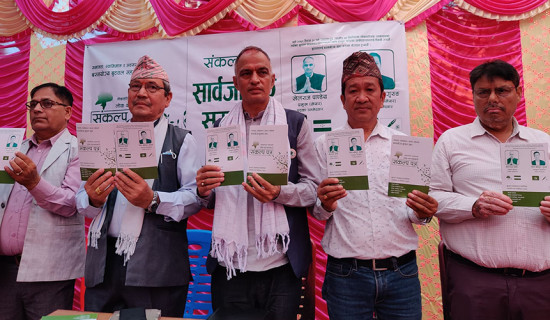
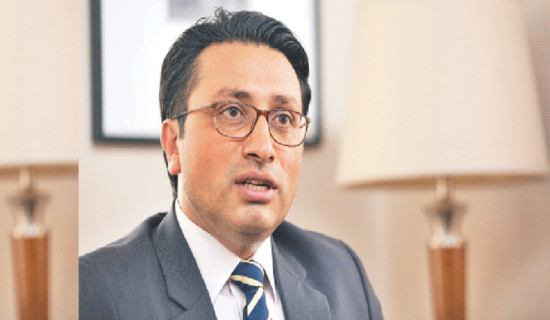
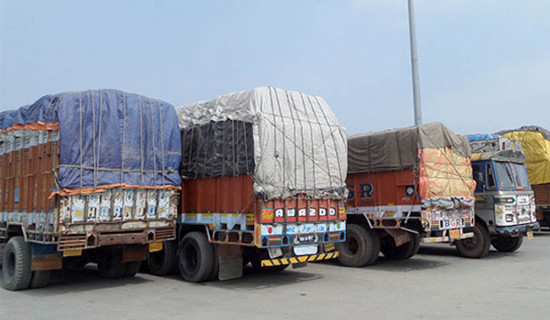
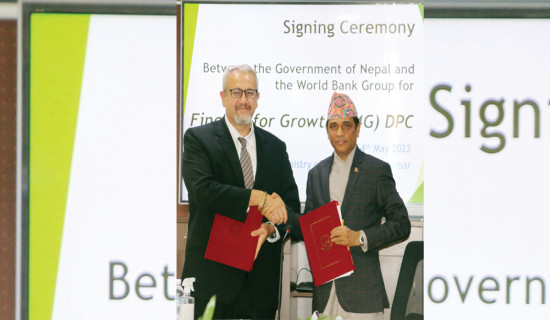
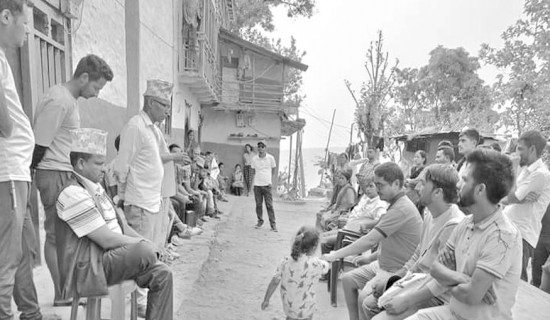
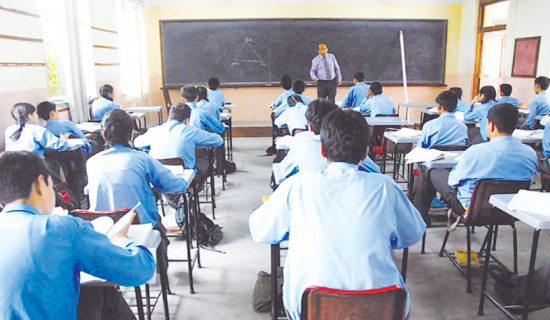
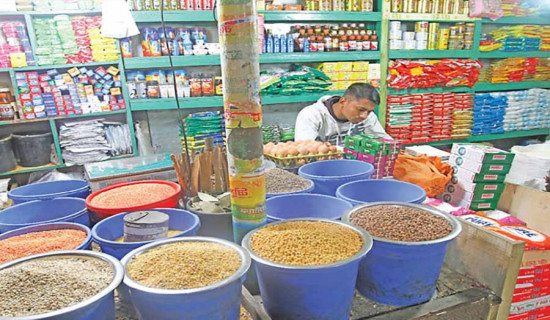
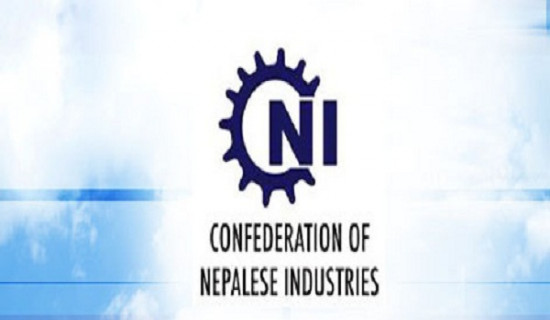

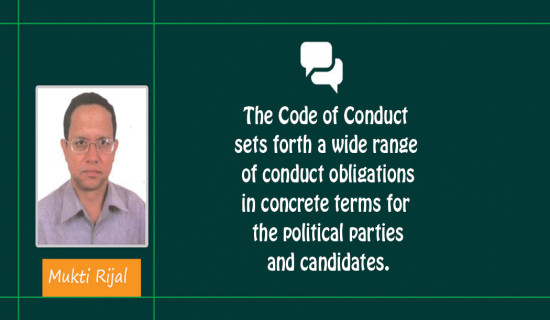
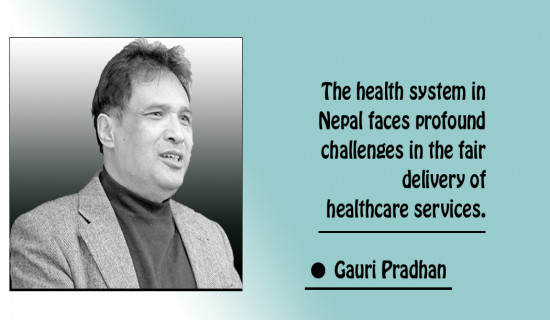
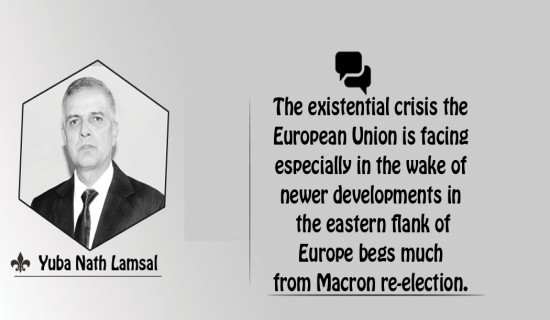
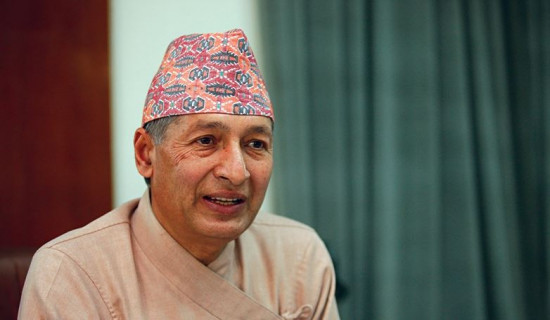
.jpeg)